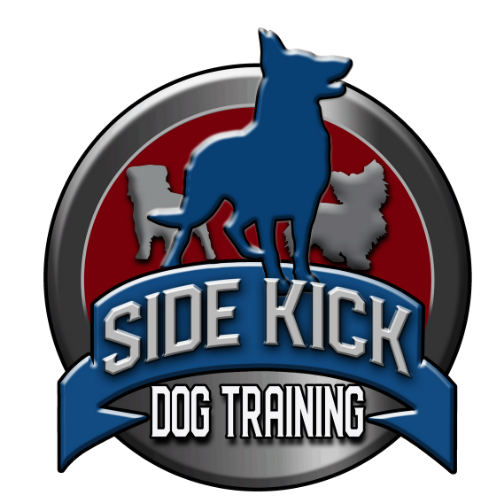What vets aren’t telling you about kennel cough
One of the hardest things about being a pet parent is seeing our pets hurt or injured.
If you are a pet parent one of the vaccinations your vet will ask you if you want is the kennel cough or Bordatella vaccine. Your vet will strongly recommend this vaccine if you take your dog to training classes, boarding, or daycare. Most all dog care facilities will also require your dog to have the Bordatella vaccine.
Kennel cough is equivalent to the common cold in humans. Kennel cough or, canine infectious respiratory disease complex (CIRDC), is highly contagious and the virus is spread through direct contact, inhaling the virus into their respiratory tract, or from surfaces that have been infected with the virus. The incubation period is 1-14 days, typically your dog will start showing signs after 7 days of exposure. This is the cause for outbreaks in boarding facilities.
Once dogs have inhaled the virus into their respiratory tract, their respiratory tract which is lined with a coating of mucus, will trap the virus helping your dog fight off the virus.
There are factors that can weaken your dogs respiratory tract, making them more susceptible to kennel cough. Some of these factors are;
Exposure to cold
General stressors
Exposure to dust or cigarette smoke
Once your dog is infected with kennel cough, or sometimes called canine infectious tracheobronchitis, it will effect their larynx and trachea. They will develop a deep hacking cough. Kennel cough can sound awful , most of the time it is not a serious condition and most dogs will recover without treatment.
Kennel cough can last 1-3 weeks. A healthy dog who has had the kennel cough vaccine will usually have symptoms for a significantly less amount of time. Dogs can still be contagious after they stop coughing. You need to still isolate your dog for 14 days after they stop coughing.
The intranasal and oral kennel cough vaccinations are typically given to dogs once a year, but sometimes are recommended every 6 months for dogs at high risk for kennel cough. These forms of the vaccine tend to provide dogs protection against kennel cough sooner than the injected product.
What vets are not telling you:
“We vaccinate for bordetella which is only 1 type of 7 possible causes upper respiratory disease in dogs. Kennel cough typical is used as a generic term referring to upper respiratory infections disease in dogs but more technically refers to the bordetella. We treat them almost all the same and most are self resolving and don’t respond to antibiotics. We give antibiotics if we are concerned about a secondary lower airway bacterial infection. The vaccine does not prevent bordetella but does decrease symptoms similar to the covid vaccine for people. A coughing dog should never be exposed to other dogs.“Dr. Julie Horton DVM”
Other virus that can cause upper respiratory infections are; bacteria bordetella bronchiseptica, canine adenovirus type 2, canine parainfluenza virus, canine respiratory coronavirus, and mycoplasma.
Pet parents can spread kennel cough:
In some cases if a pet parent comes in contact with a dog who has been infected with kennel cough, you can pass the virus to your dog.
How does that work?
If the dog has direct contact with your clothes or airborne droplets get on your clothes, your clothes become a carrier and your dog can get infected with exposure to your clothes.
Keeping your dogs happy and healthy!
Dogs need routine veterinary check ups to make sure they are healthy but they also need a happy healthy mind.
Dogs need to be exposed to new environments and stimuli at least through the first 2 years of their life to help them have a happy healthy mind. If dogs only go out, to go the vet 1-2x a year, this is very hard on their mind and soul.
We encourage all our clients to take your dog to as many pet friendly environments as possible so your dog is well adjusted and confident in changing environments and routines.
